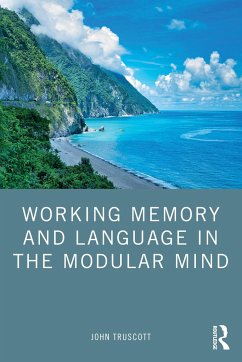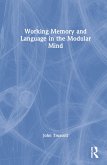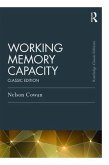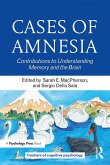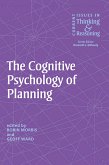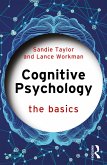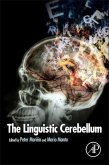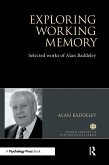The book explores two fundamental aspects of the human mind and their relation to one another. The first is the way that information is put to use in the mind. When we are doing a mental arithmetic problem, for example, how do we bring the relevant bits of information to mind and hold them there while carrying out the series of calculations? This is working memory, the subject of an enormous research literature in psychology, neuroscience, and a great many other disciplines. Characterizing the working memory process is now a major part of efforts to understand the human mind. How we characterize this process depends of course on how we characterize the human mind as a whole. In particular, is the mind made up of a number of distinct units, each carrying out a specialized function? There is considerable reason to say that it is, and this modular view of the mind has become prominent in a great deal of academic work, notably in cognitive neuroscience, with important implications for our understanding of how working memory works. But these implications have received surprisingly little consideration to this point. The aim of the book is to explore this relation between working memory and modularity, first in general terms and then using a specific modular view of the mind - the Modular Cognition Framework. The ideas are illustrated and further developed through an application to language and especially second language acquisition and use.
Bitte wählen Sie Ihr Anliegen aus.
Rechnungen
Retourenschein anfordern
Bestellstatus
Storno

